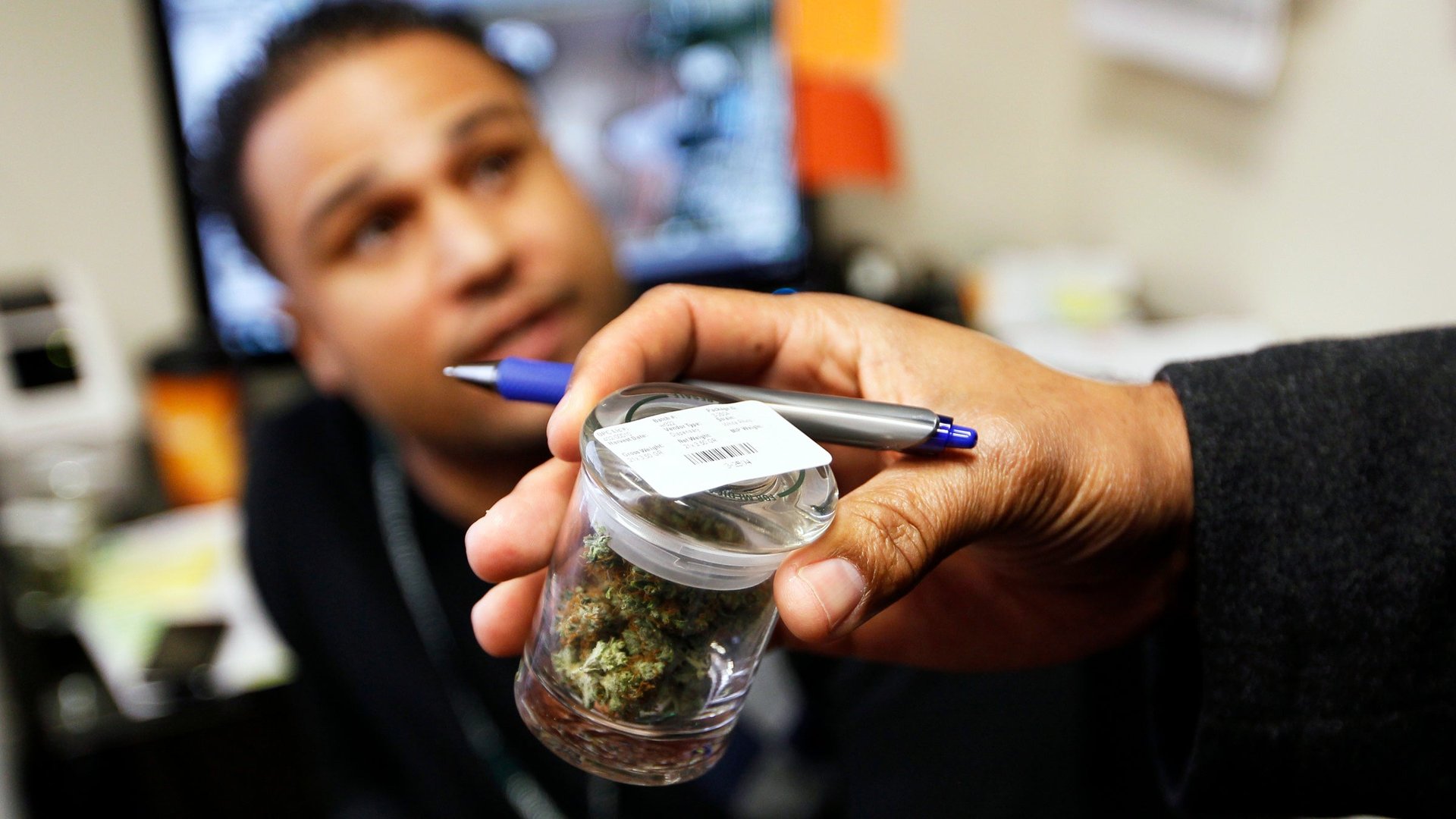Don’t get too high on Obama’s weed plan
Though two US states have now legalized marijuana for recreational use, it remains federally illegal. So the biggest question for Colorado and Washington, and any states that want to follow their lead, is will the federal government try to stop them?


Though two US states have now legalized marijuana for recreational use, it remains federally illegal. So the biggest question for Colorado and Washington, and any states that want to follow their lead, is will the federal government try to stop them?
Yesterday, the feds appeared to signal that they won’t. The Department of Justice (DoJ) directed federal prosecutors not to prosecute legal marijuana operations; it also declined, for now, to challenge marijuana legalization laws in court. Marijuana legalization advocates and lawmakers in the two states celebrated the decision. But keep this in mind: This isn’t the first time the Obama administration has promised to let marijuana operations alone—and last time, it didn’t stick.
A brief history lesson: Soon after president Obama’s election, the DoJ issued a similar memo, urging prosecutors to take it easy on state-legalized marijuana operations and focus only on large-scale criminal operations and violence, not medical marijuana patients trying to control cancer pain. In California, where marijuana has been allowed in various forms since 1996, people took the DoJ’s message and ran with it, opening dispensaries and growing operations—some running afoul even of California law—while city and local governments created plans to safely regulate and tax the industry.
This worried prosecutors enough that in 2011 new guidance was released that reaffirmed that pot is still illegal. Prosecutors, along with the Drug Enforcement Agency, launched a brief crackdown on marijuana operations that shocked advocates of legalization. It was a reminder that as long as marijuana is a “Schedule 1” drug—laughably considered as dangerous as heroin or cocaine—the federal government won’t allow the industry to expand. This turned out to be a mess, since the federal government doesn’t have the resources to actually stop the grey-market marijuana business, but it did effectively block state and local governments from policing it themselves.
Last year’s votes in Colorado and Washington to legalize recreational, not just medical, marijuana, challenged the federal government to put up or shut up, and it appears the DoJ has chosen to keep quiet. The most important thing in the memo is official affirmation that state governments can create and enforce their own regulations for legal marijuana—exactly what spurred the last crackdown. (The second most-important development is that it may allow reputable financial institutions to work with the marijuana sector). It’s an opportunity, but also a challenge: States will need to succeed in making their systems work safely, or the federal government will swoop in.
Indeed, there’s no guarantee that federal prosecutors will wait. While guidance issued by DOJ higher-ups is important, prosecutors can still enforce the law on the books at their discretion, and the US attorney in Colorado has already expressed his skepticism about this new directive. Ultimately, the business won’t be safe until the federal laws prohibiting it are repealed.